The French Revolution
The French revolution led to many changes in society. We must know the reasons for the revolution to understand it. We also need to know some important events, dates, and names. The French Revolution took place in the 18th century.
We study history to understand why societies change and to see what we can learn from it. The thoughts and ideas behind the French revolution led to big changes in many countries.
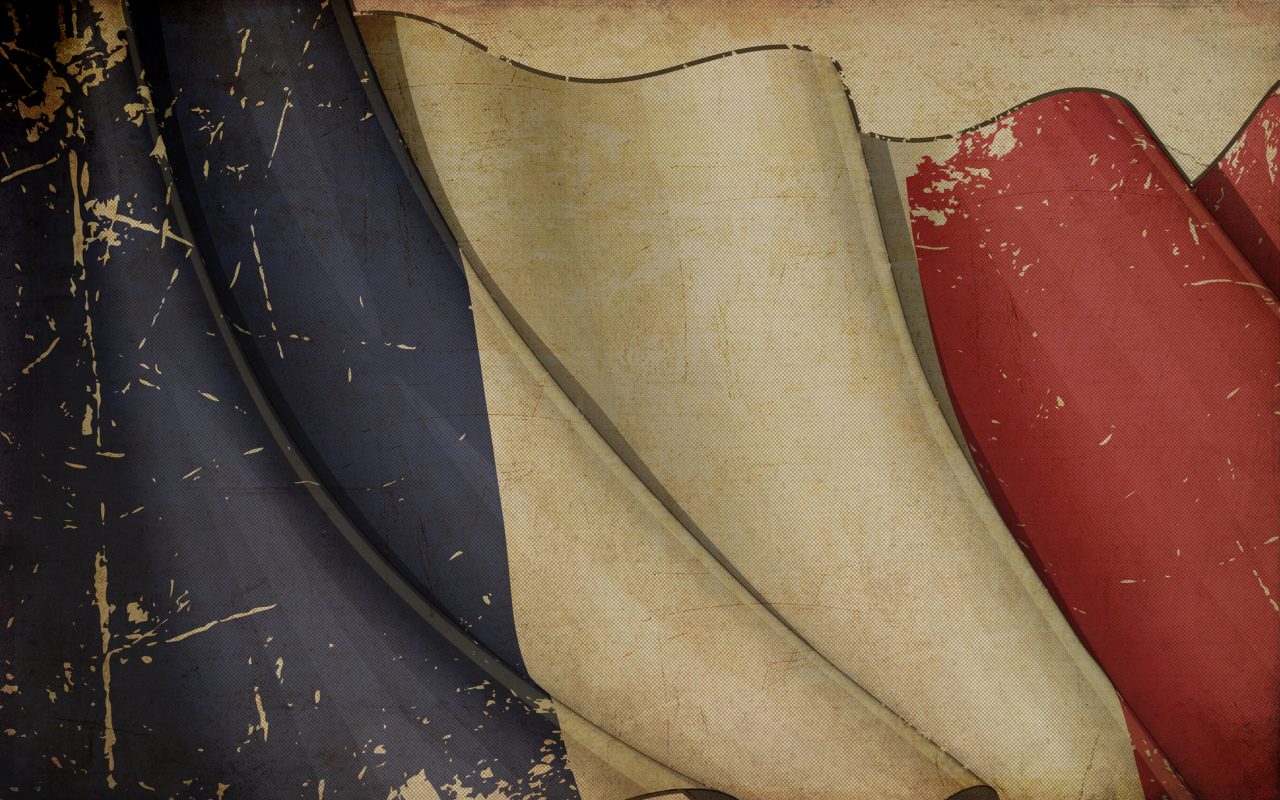
Det franske flagget som ser gammelt og slitt ut.
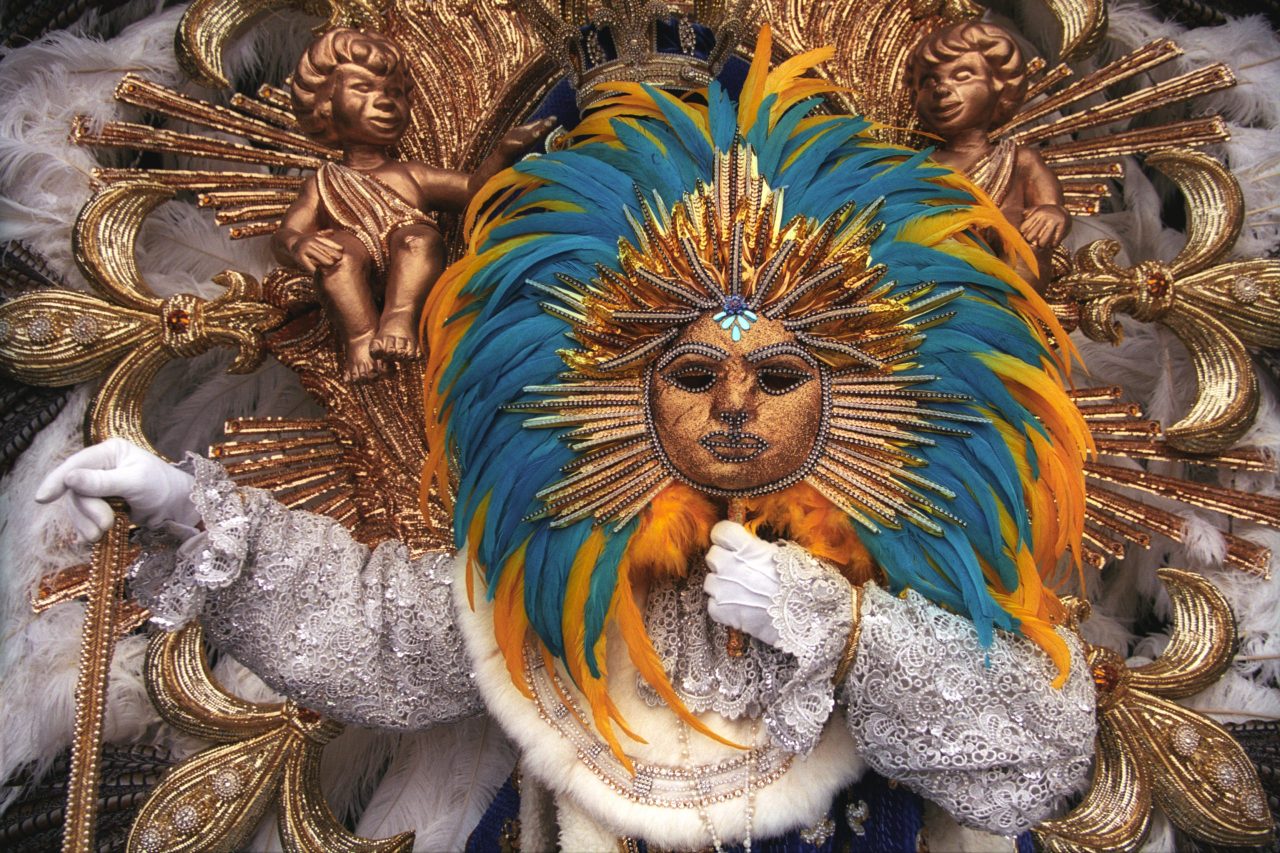
Kong Ludvig 14. med gullmaske pyntet med papegøyefjær.
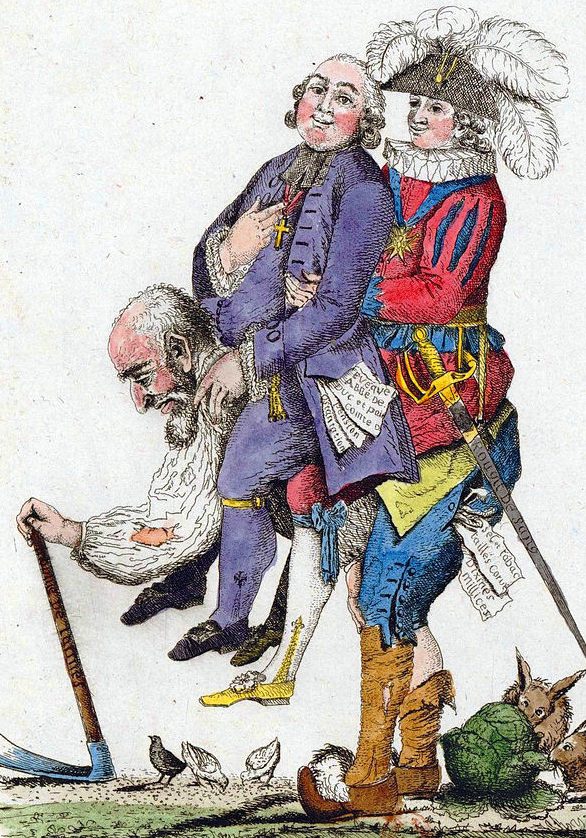
Illustrasjon om klasseskillet i Frankrike på 1700-tallet der den fattige bærer de rike på ryggen.
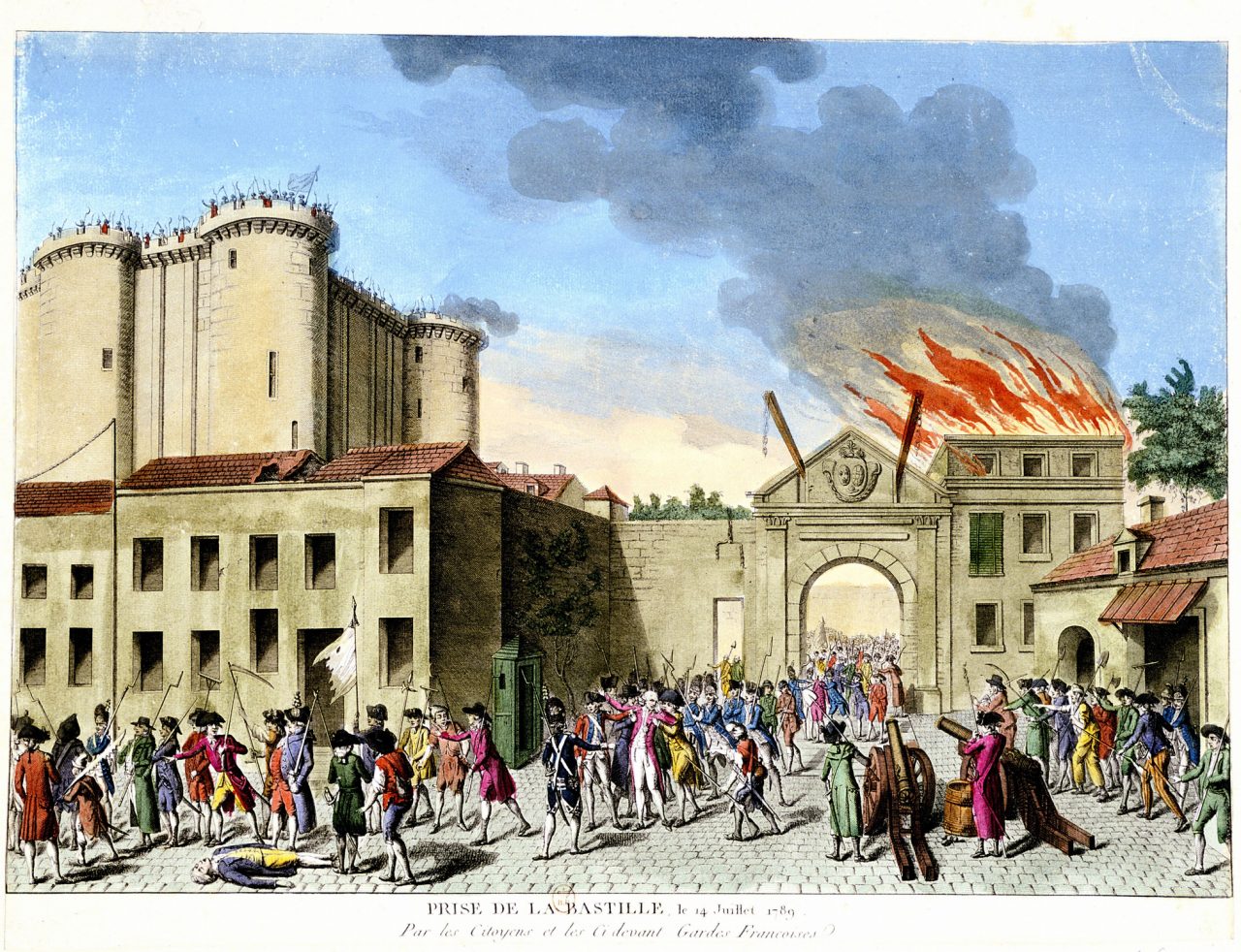
Angrepet på fengselet Bastillen i Paris i 1789.
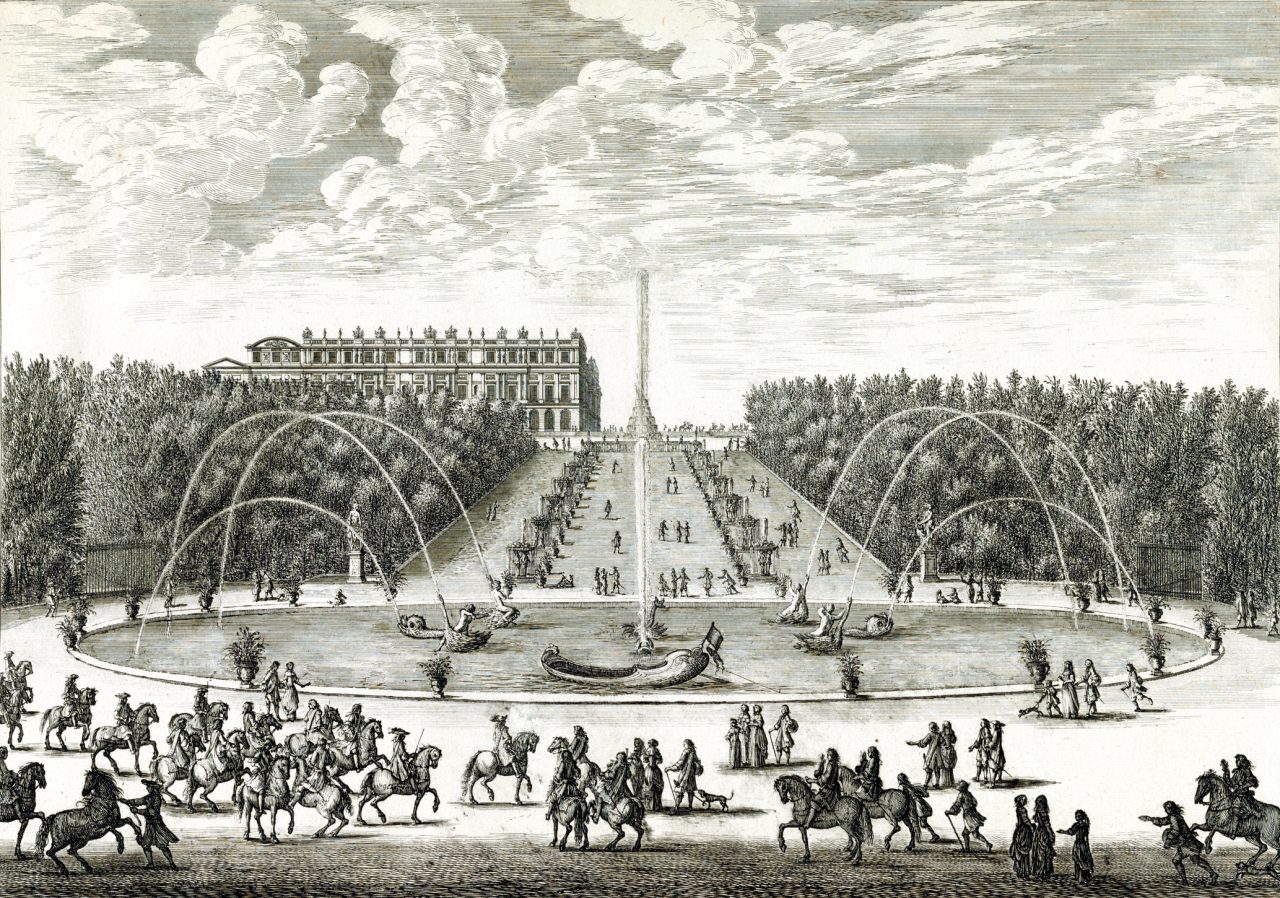
Sorthvitt tegning av slottet og stor fontene i Versailles utenfor Paris.
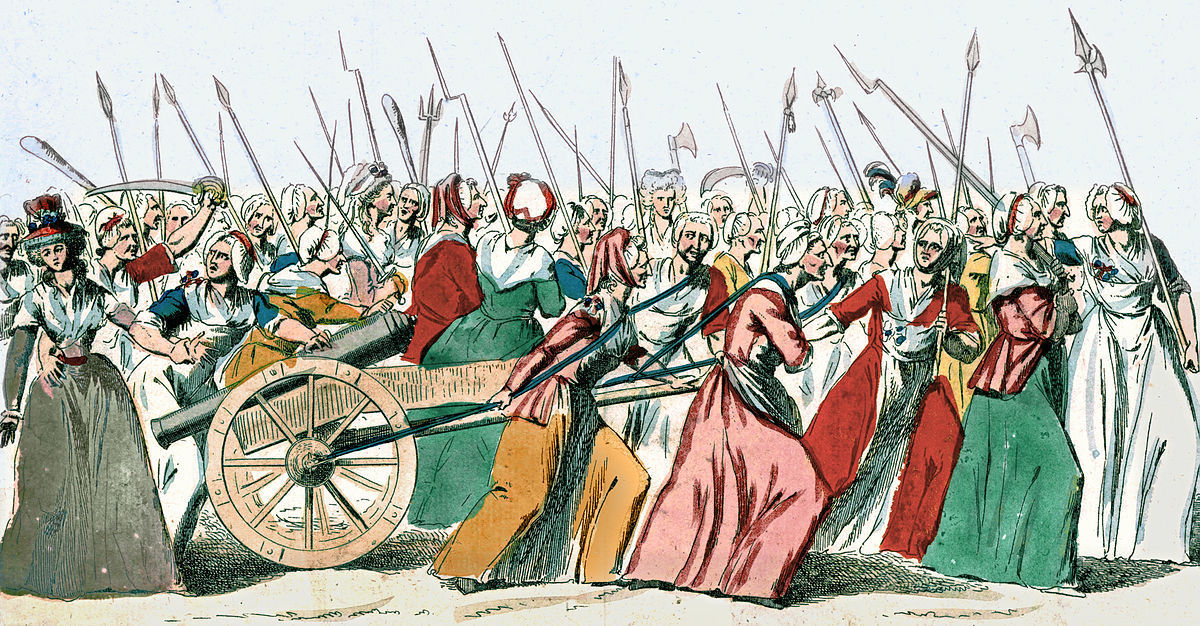
Mange kvinner i tog der de drar på en kanon.
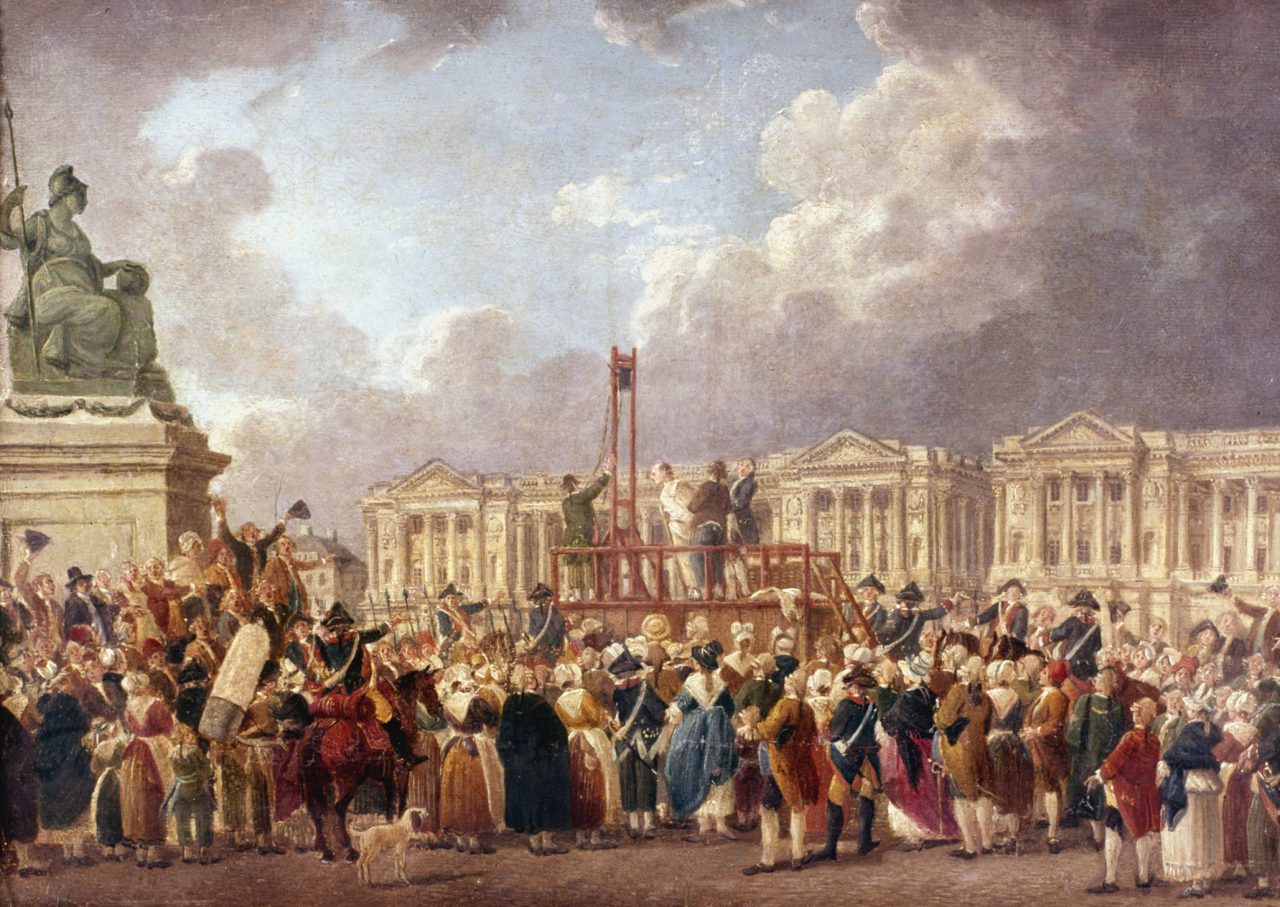
En stor folkemengde ser på at en person blir ført fram til giljotinen som kappet hodet av folk.
The army gains great power
The authorities started an army during the Terror . They needed a big army to put down riots and attacks. But France still wanted to conquer more countries, and they became a major power in Europe. This was because of the young general Napoleon Bonaparte.
📷 Napoleon leading his men after they were defeated in the battle of Laon in France in 1814.
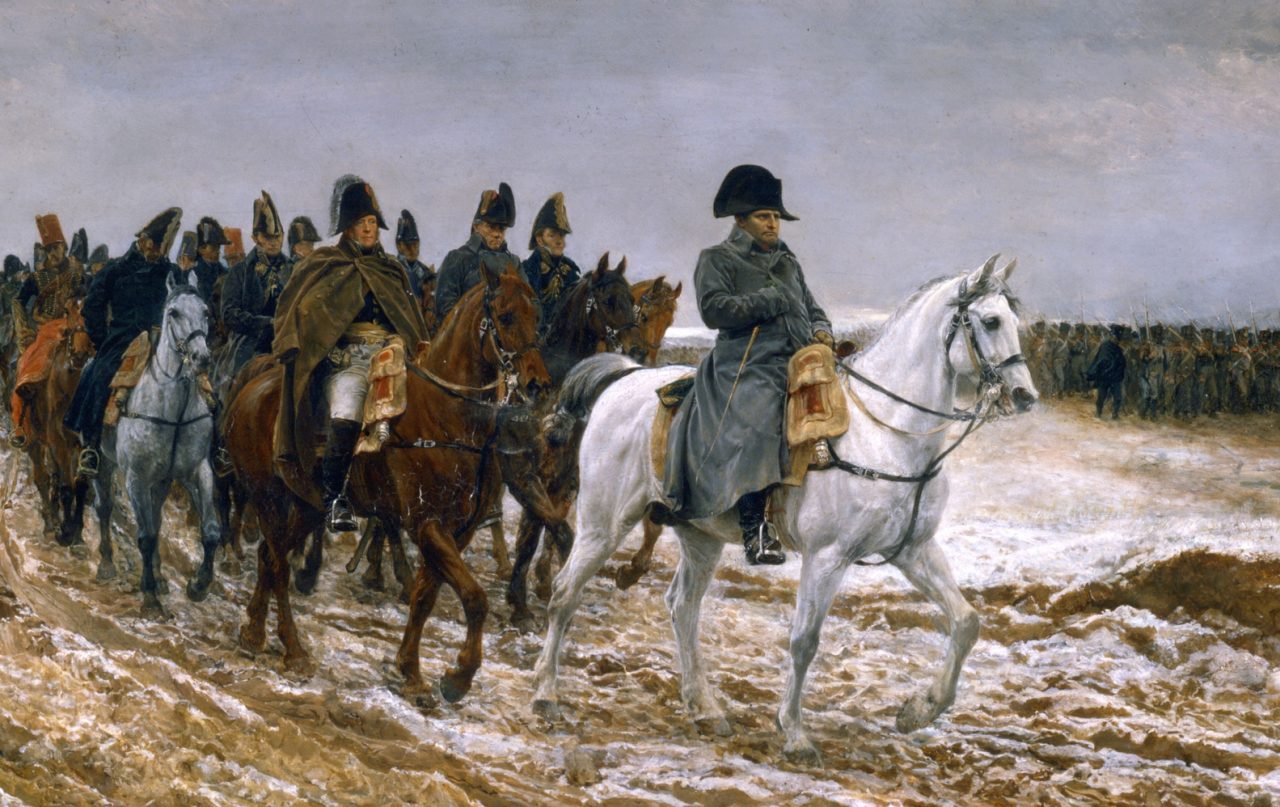
Napoleon i front av en gruppe med soldater til hest.

Det ytterste leddet på en kjetting omgjøres til en fugl.
Sources:
- Østberg, Kai Peter; Tønnesson, Kåre: Den franske revolusjon i Store norske leksikon på snl.no.
Hentet 22. november 2021 fra https://snl.no/Den_franske_revolusjon
- Bastillen i Store norske leksikon på snl.no. Hentet 22. november 2021 fra https://snl.no/Bastillen
- Krefting, Ellen: opplysningstiden i Store norske leksikon på snl.no.
Hentet 22. november 2021 fra https://snl.no/opplysningstiden
- Østberg, Kai Peter: Ludvig 16 i Store norske leksikon på snl.no.
Hentet 22. november 2021 fra https://snl.no/Ludvig_16
Media Rights:
-
-
Getty Images
-
Getty Images
-
Getty Images
-
Getty Images
-
Getty Images
-
Getty Images
-
Getty Images
-
Getty Images
-
Getty Images
-
Getty Images
-


